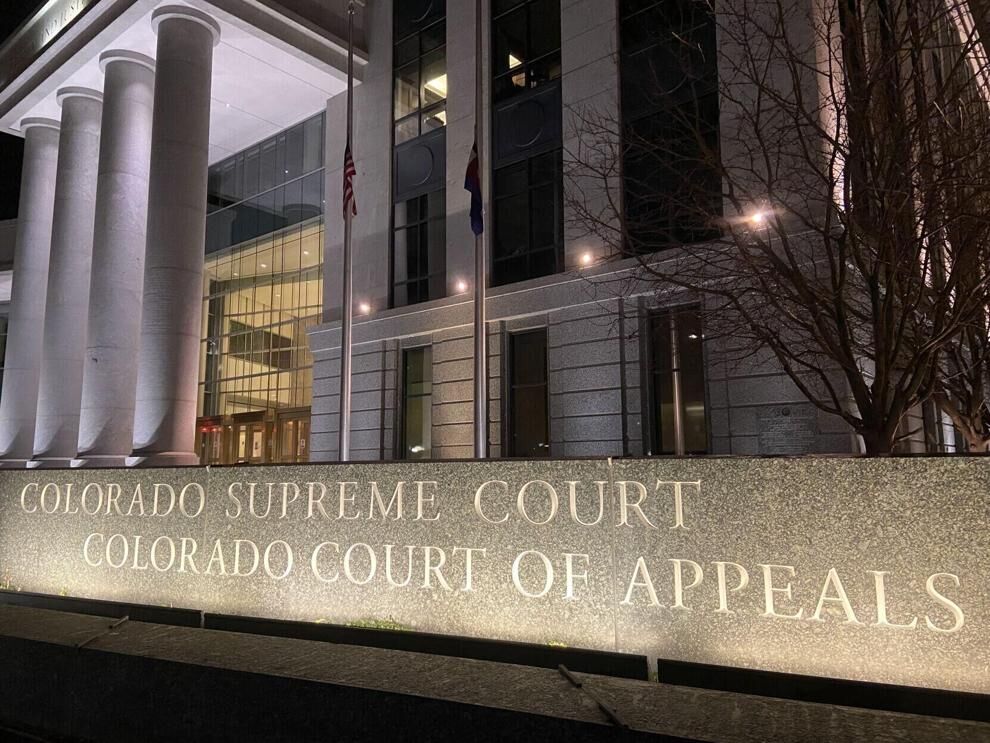Colorado appeals court reverses assault conviction due to Denver prosecutor’s misconduct

Colorado’s second-highest court on Thursday reversed a woman’s assault conviction and nine-year prison sentence because a Denver prosecutor improperly commented upon Cristina Rogers’ constitutional right not to testify.
A three-judge panel for the Court of Appeals explained that even indirect statements about a defendant exercising their right against self-incrimination can trigger reversal if the prosecution implies that silence equals guilt.
“We perceive no legitimate reason for the prosecutor to have mentioned Rogers’ invocation of her right not to testify at trial,” wrote Chief Judge Gilbert M. Román in the panel’s April 6 opinion. “Rather, the prosecutor’s comments impermissibly directed the attention of the jury to Rogers’ exercise of her constitutional right by expressly and specifically referring to Rogers’ failure to take the stand.”
Rogers stood trial in 2020 for stabbing an acquaintance while she was riding in his car, causing the victim serious bodily injury. The victim testified at trial but Rogers did not. Her attorney claimed she acted in self-defense.
During closing arguments, the unidentified prosecutor told jurors they should not hold Rogers’ decision not to testify against her. However, the prosecutor continued, “you also cannot fill in the gaps for her. You cannot speculate what she would have said had she taken that stand because I never had an opportunity to cross-examine that.”
The prosecutor added that the victim was “the only one who testified and provided evidence of what happened in that car” and the jury “can’t speculate” about what Rogers told police.
The defense objected to the prosecutor’s statements as offering commentary about Rogers’ constitutional right to silence, but District Court Judge Shelley I. Gilman overruled the objection.
“Because Ms. Rogers did not testify, the prosecutor argued that the jury could only consider the alleged victim’s perspective and could not fill in any gaps,” public defender Jeanne Segil argued to the Court of Appeals. “Such arguments penalized Ms. Rogers for exercising her right.”
The appellate panel agreed the prosecutor’s statements were “unmistakable references” to Rogers’ constitutional right. It concluded the prosecutor committed misconduct and, given the inconsistencies in the victim’s account, the jury might have arrived at a different conclusion if not for the comments.
“The necessary implication of the prosecutor’s argument was that Rogers should be faulted because she was the only one who could refute (the victim’s) testimony,” Román wrote, “so by not testifying, an inference of guilt should apply – even though she exercised her constitutional right not to testify.”
The case is People v. Rogers.














